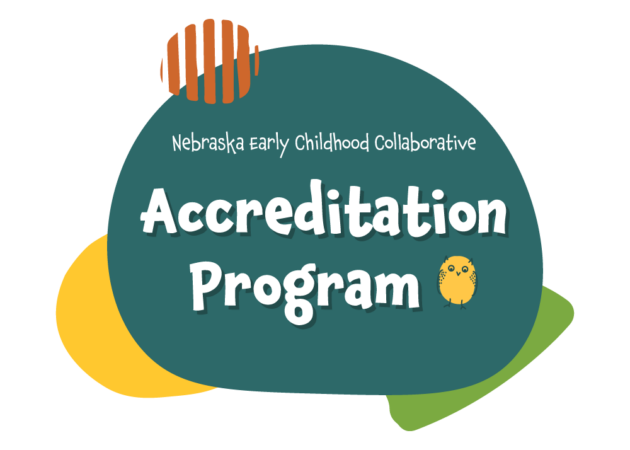Every child deserves to experience high-quality early learning, and equipping child care providers with accessible tools and resources to improve the quality of their child care programs is necessary to accomplish this outcome for all children. There are multiple avenues for early childhood educators to improve and achieve quality in their programs, and for family child care providers, accreditation is one of those powerful paths. While becoming accredited is a highly sought-after achievement, the process and journey toward accreditation can be overwhelming for family child care providers. In this blog, we will discuss what accreditation is, why it’s important, the accreditation process, and resources to help you begin the accreditation journey.
What is accreditation, and why is it important?
Accreditation is not a concept that is unique to early childhood educators and care providers – many different industries use an accreditation process to recognize exemplary practices in any given area of their industry. For early childhood educators, accreditation is a nationally recognized indicator of program quality. According to the National Association for Family Child Care Accreditation, or NAFCC, “Accreditation allows providers the flexibility to implement standards through the lens of diversity and child-centered care.”
Achieving accreditation is definitely a boast-worthy accomplishment for child care providers. But more than that, it signals to parents and families, either in search of care or currently enrolled, that the program they’ve chosen for their children honors diversity and reflects cultural competency.
On the journey to become an accredited program, educators develop a shared understanding and commitment to quality through a series of stages intentionally designed to meet them where they are and provide a clear path toward high-quality early childhood education.
The accreditation process
Many providers who are interested in obtaining accreditation may feel overwhelmed and unsure where to start. Through a series of processes and set standards, accredited early childhood care and education programs meet criteria broken down into five core areas: relationships, environment, learning activities, safety and health, and professional and business practices.
The NAFCC has identified a 5-step path to achieving accreditation that most providers undergo anywhere from 18-24 months.
- Self-Study
- A self-paced stage of reflection to assess whether practices are already in line with NAFCC Quality Standards, and how to achieve this status.
- Application
- After completion of the self-study, providers can submit their application for accreditation.
- Observation
- This is where providers get to show off their skills by demonstrating how they fulfill each standard’s requirements.
- Decision
- At this phase, the NAFCC and Accreditation Council determine the providers’ compliance to all standards and deliver their decision.
- Maintain
- Accreditation is valid for three years, and programs are required to reapply at 2 years and 6 months at the beginning of the accreditation process.
Take the first step toward accreditation
NECC is sponsoring a limited number of Elevated Network providers who are ready to become accredited family child care programs. If you would like to learn more information, reach out to fccn@nebraskaearly.org.


